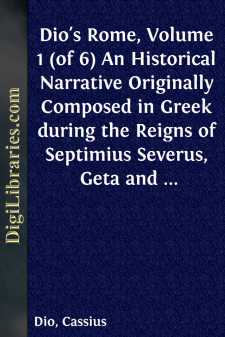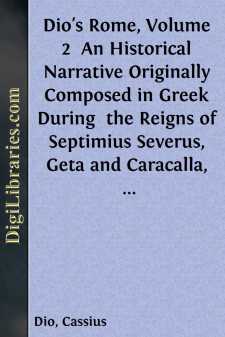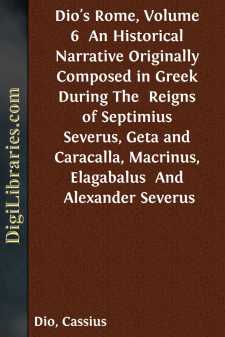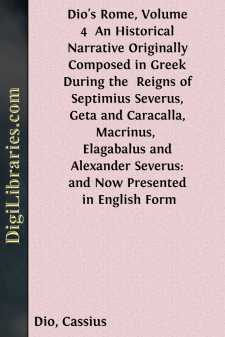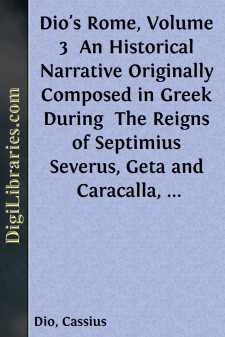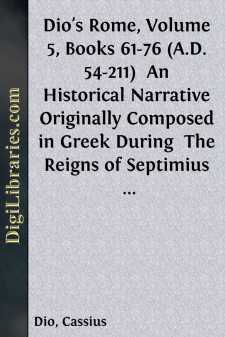Categories
- Antiques & Collectibles 13
- Architecture 36
- Art 48
- Bibles 22
- Biography & Autobiography 815
- Body, Mind & Spirit 144
- Business & Economics 28
- Children's Books 18
- Children's Fiction 14
- Computers 4
- Cooking 94
- Crafts & Hobbies 4
- Drama 346
- Education 58
- Family & Relationships 59
- Fiction 11829
- Games 19
- Gardening 17
- Health & Fitness 34
- History 1378
- House & Home 1
- Humor 147
- Juvenile Fiction 1873
- Juvenile Nonfiction 202
- Language Arts & Disciplines 89
- Law 16
- Literary Collections 686
- Literary Criticism 179
- Mathematics 13
- Medical 41
- Music 40
- Nature 179
- Non-Classifiable 1768
- Performing Arts 7
- Periodicals 1453
- Philosophy 65
- Photography 2
- Poetry 896
- Political Science 203
- Psychology 44
- Reference 154
- Religion 515
- Science 126
- Self-Help 85
- Social Science 82
- Sports & Recreation 34
- Study Aids 3
- Technology & Engineering 59
- Transportation 23
- Travel 463
- True Crime 29
Our website is made possible by displaying online advertisements to our visitors.
Please consider supporting us by disabling your ad blocker.
Dio's Rome, Volume 1 (of 6) An Historical Narrative Originally Composed in Greek during the Reigns of Septimius Severus, Geta and Caracalla, Macrinus, Elagabalus and Alexander Severus: and Now Presented in English Form
by: Cassius Dio
Description:
Excerpt
Four hundred and seven small pages, over and above the Epistle Dedicatory, are contained in Volume One. Really, however, this is not the true Dio at all, but merely his shadow, seized and distorted to satisfy the ideas of his epitomizer, the monk Xiphilinus, who was separated from him by a thousand years in the flesh and another thousand in the spirit. Of the little specimens here and there translated for this man's or that man's convenience no mention need here be made. Hence, practically speaking, Dio now for the first time emerges in his impressive stature before the English-speaking public after there has elapsed since his own day a period twice as long as then constituted the extent of that history which was his theme.
The present version, begun while I was serving as Acting Professor of Greek at St. Stephen's College, Annandale, N.Y., has been carried forward during such intervals of leisure as I could snatch from an overflowing schedule at the University of South Dakota. It has been my companion on many journeys and six states have witnessed its progress toward completion. In spite of the time consumed it seems in retrospect not far short of presumptuous to have tried in three or four years to put into acceptable English what Dio spent twelve in writing down. Yet the task was not quite the same, for half of this historian's books have been caught up and whirled away in the cyclone of time; and who knows whether they still possess any resting-place above or beneath the earth?
The text originally chosen as the basis for the translation was that of Melber, the idea of the translator being that the Teubner edition would be the most convenient and readily obtainable standard of reference for any one who wished to compare the Greek and the English. Hence the numbering of the Fragments is that of Melber (subdivisions are distinguished by a notation simpler than that of the original "sections"). Since no Teubner volumes beyond the second proved to be forthcoming, the rest of the work followed the stereotyped Tauchnitz edition, which also enjoys a large circulation. This text, however, contained so many cases of corruption and clumsiness that it seemed best to work over carefully nearly all of the latter portion of the English and to embody as many as possible of the improvements of Boissevain. Incidentally Boissevain's interior arrangement of all the later books was adopted, though it was deemed preferable (for mere readiness of reference) to adhere to the old external division of books established by Leunclavius. (Boissevain's changes are, however, indicated.) The Tauchnitz text with all its inaccuracies endeavors to present a coherent and readable narrative, and this is something which the exactitude of Boissevain does not at all times permit. In the translation I have striven to follow a conservative course, and at some points a straightforward narrative interlarded with brackets will give evidence of its origin in Tauchnitz, whereas at others loose, disjointed paragraphs betray the hand of Boissevain who would not willingly let Xiphilinus and Dio ride in the same compartment. My main desire through it all has been not so much to attain a logical unity of form as to present a history which shall look well and read well in English. For this reason also I have banished most of the Fragments (which must have only a comparatively limited interest) to the last volume and have replaced them in my first by portions of Zonaras (taken from Melber) which have their origin in Dio and are at the same time clear, comprehensible, and connected.
Should any person object that even so my text does not offer eye and ear a pellucid field for smooth advance, I must reply that the original is likewise very far from being a serene and joyous highway; and it has not appeared to me necessary or desirable to improve upon the form of Dio's record further than the difference in the genius of the two languages demanded....


